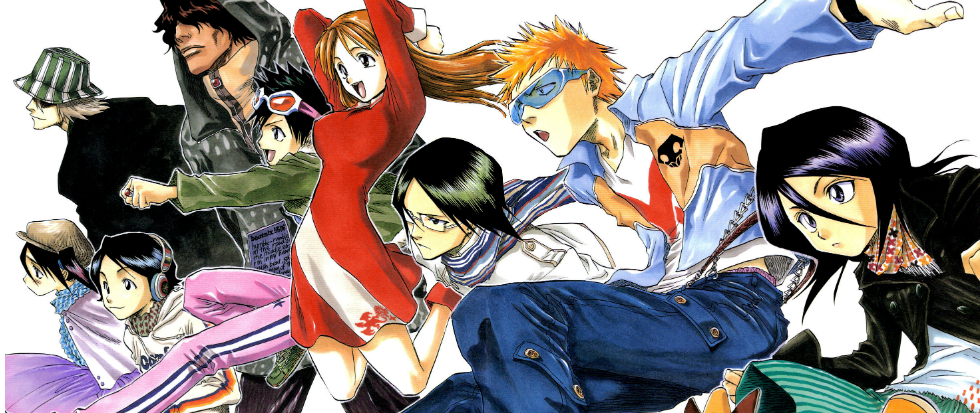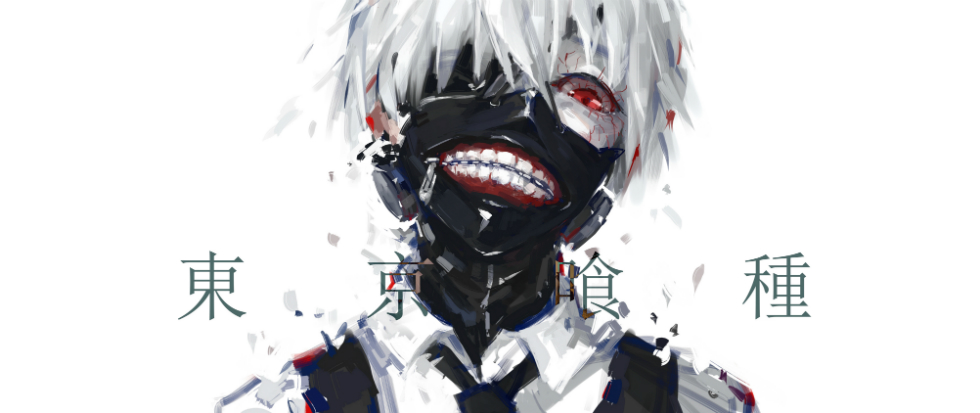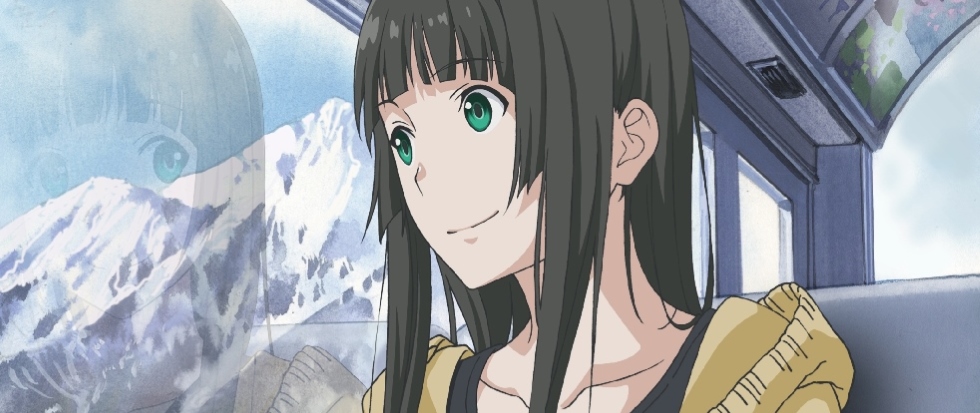
Bleach: The Sense of a Nonending
This article discusses the ending of Bleach, spoilers ahead.
———
Bleach apologists have crawled out of the woodwork to defend the ignominious end of Kubo Tite’s opus. It wasn’t supposed to be this way, they cry. It was rushed! Chopped off at the knees by hasty editors!
And there was certainly no denying that: anybody reading Bleach could see how forced the ending was. Just as Ichigo and friends were recovering from their beatings at the hands of their respective rivals and the climax was firing up, a series of never-before-suggested deus ex machinae appeared and put an end to the whole sordid drama.
A massive backstory that had been hinted at for hundreds of chapters went unexamined; a fight between four of the series’ most popular characters ended by default; even the final battle fizzled, with the omniscient (and unfortunately named) Yhwach defeated not in some breath taking pyrotechnic display or by any kind of witty plan but by coincidence. Adding insult to injury were two epilogue chapters that served less as a dramatic cap to fifteen years of story than as a slide-show intended to bait a sequel.
Correct as they were in some respects, though, the naysayers were wrong in every way that matters. Certainly there was plenty left unexplored, depths of character and history and theme suggested never plumbed, but the sad reality is it makes little difference that the story was forced to its conclusion because Tite had never intended to tell that story himself.
For the last eight years of its existence Bleach has been a never-ending series of skirmishes dragged on for ages to no end. The characters were all burdened with tortured backstories and vague philosophies, but these were lip-service, things meant to lend the battles a legitimacy they never earned. Why this should be so isn’t immediately clear, especially not when one considers how dull the battles had become, how limp the choreography was, how uninspired the powers at play.
It’s only when considering how every earlier story arc failed to deliver on any mystery, whether that be of character or plot, that Tite filled his story with so many pointless fights because he had nothing to say. Much as he hinted at some greater reason behind Aizen’s betrayal of Soul Society or Ginjo’s defection, he uniformly avoided any opportunity to expound when it would have fleshed out the conflict and the larger context. That arch villain Yhwach didn’t even unveil his master plan – one that directly contradicted his actions over the prior two-hundred chapters – until the final pages of the epilogue only confirms why: because until Titie wrote them he did not know them, and he would not write them if he could help it because he had no interest in them.
Bleach’s ending was destined to be garbage; a thousand more chapters or a thousand more years would have made no difference. It’s cancellation was not an act of malice, but of mercy. Tite had long ago worn his workhorse’s legs down to the nubs; by the time the end was in sight it was inching forward on blood stumps at a pace that would have taken decades. His editors simply realized this and knew it was better to end the poor thing than let it linger in pain all those years.





